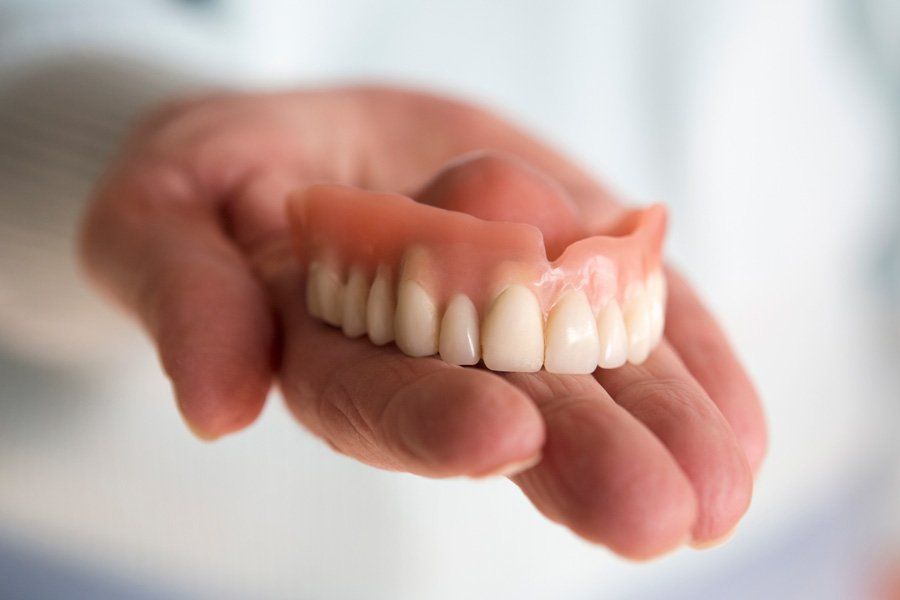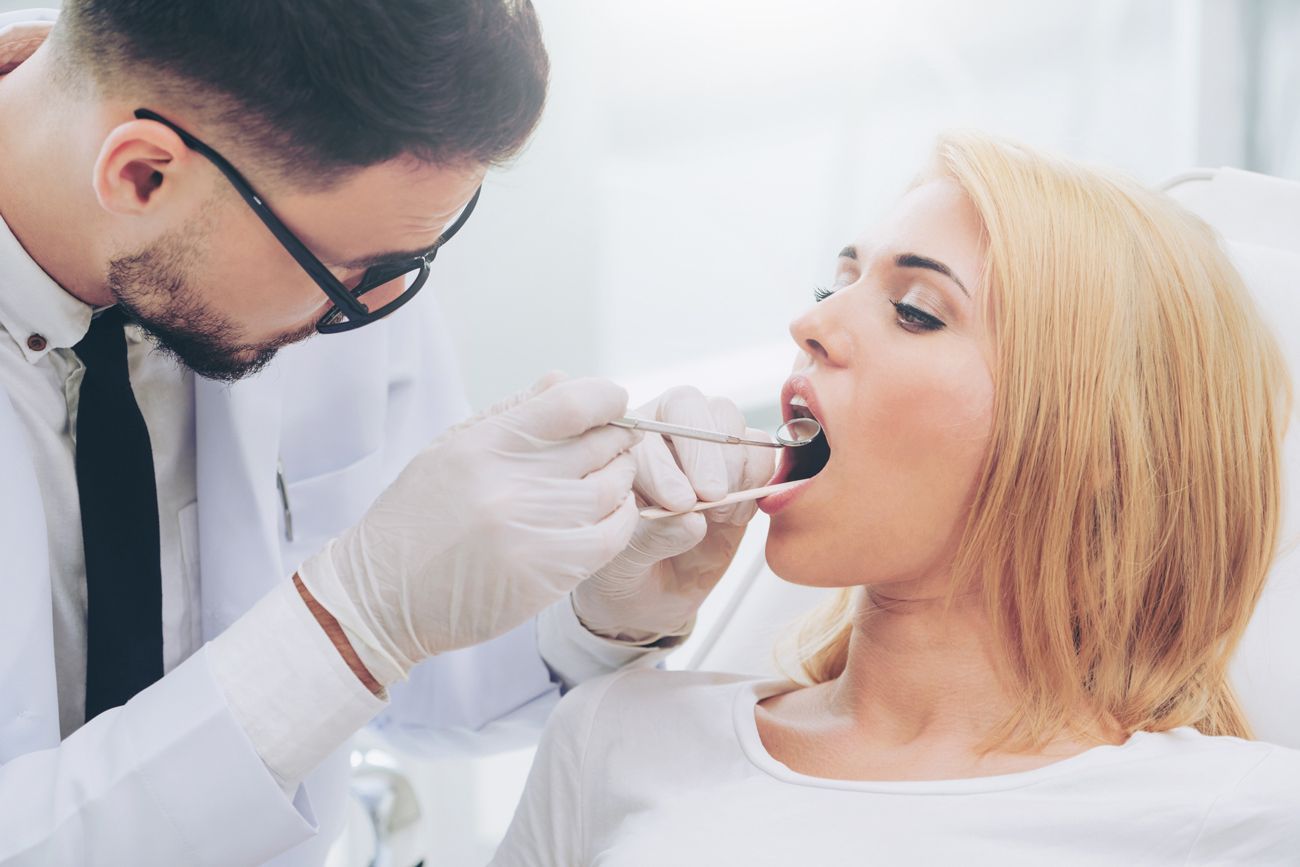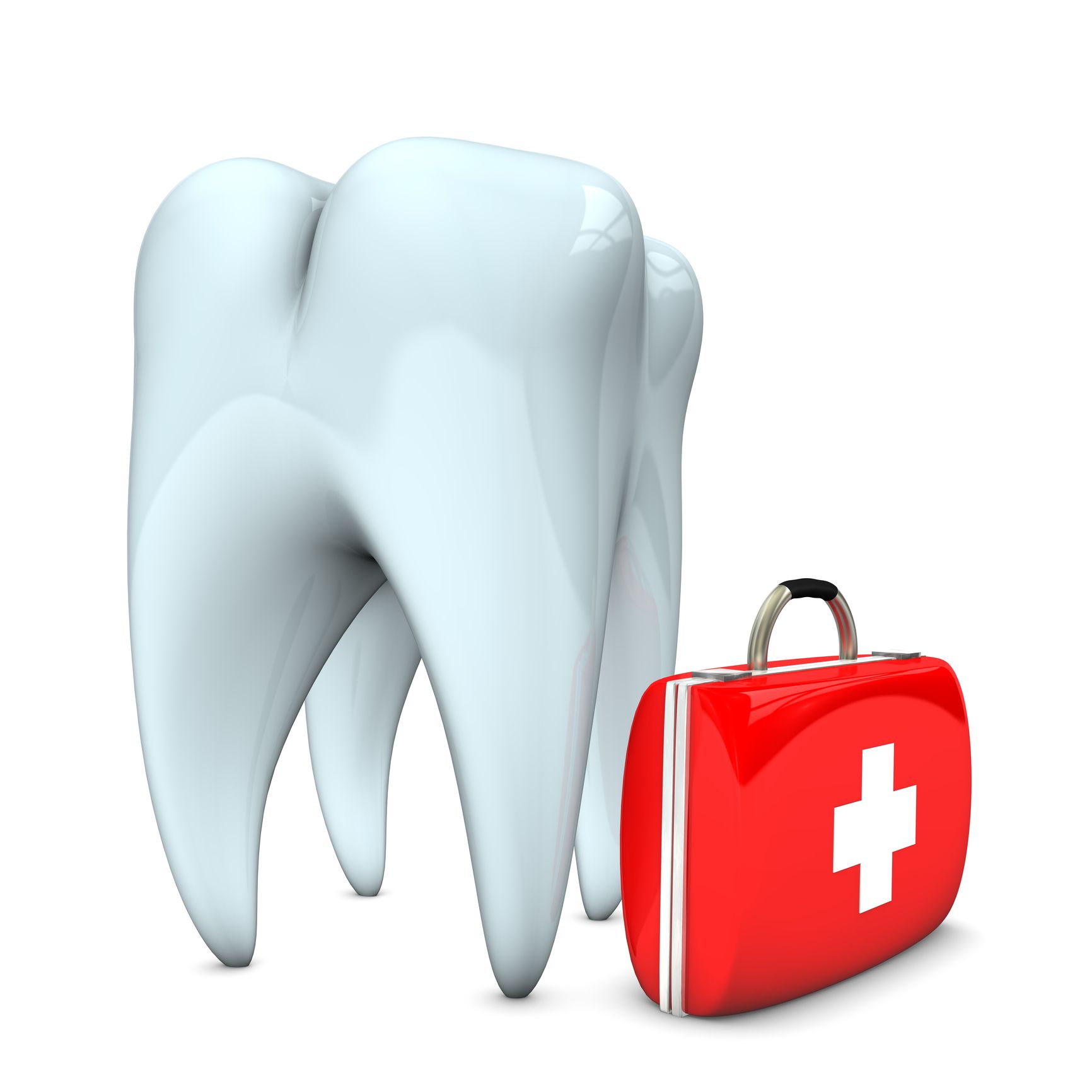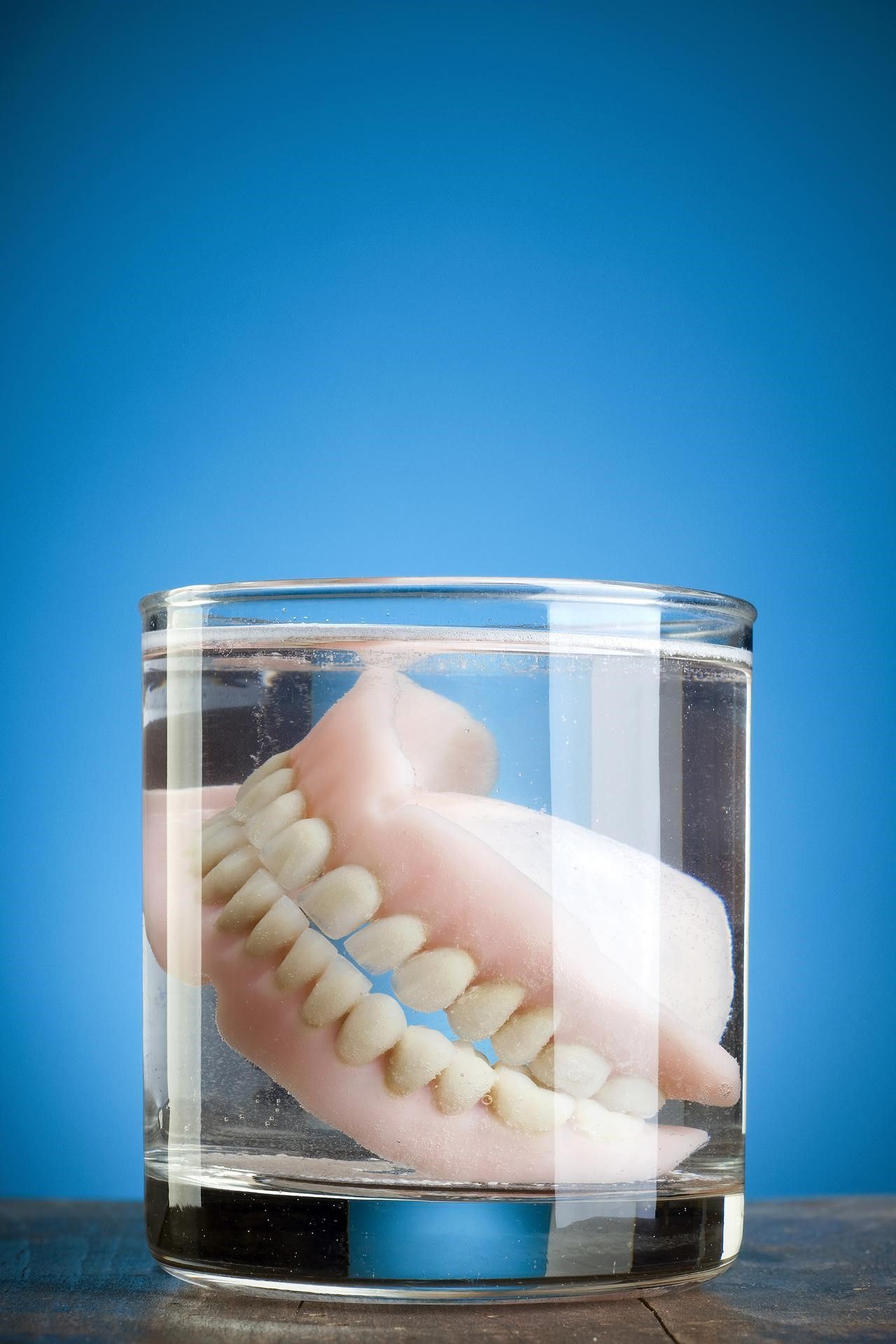Do You Need Dentures? Understand Your Options
Admin • May 27, 2020

People lost teeth for a variety of reasons, from traumatic accidents and surgical procedures to uncontrolled periodontal disease. If you have lost more teeth than a removable or fixed bridge can efficiently replace, you may need to think about getting fitted for dentures. These more substantial toot replacements can restore chewing and speaking function while also improving your smile.
When many people think of dentures, they automatically envision full denture plates held in place by adhesive or suction. However, you should know that modern dentistry offers other intriguing options for denture wearers. Take a look at how these different dentures could offer you the most comfortable and convenient experience possible.
Partial Dentures
Individuals who have lost most of their teeth must decide on the most sensible method for filling the gaps in their smiles. For instance, if you have a few teeth surrounded by spaces that once accommodated several other teeth, the dentist may recommend that you receive a partial denture instead of having permanent bridges installed to replace the missing teeth.
A partial denture consists of artificial teeth molded onto a gum-colored acrylic base. Metal hardware runs along the bottom of the denture, maintaining the proper amount of free space between the artificial tooth segments for your remaining natural teeth. The partial denture uses your remaining teeth as anchor points, latching onto them with either metal clasps or more natural-looking precision attachments.
Unlike a bridge, which can only fill in a few adjacent missing teeth, a partial denture can replace all your upper or lower missing teeth with a single appliance. The fact that you can remove the partial denture makes this appliance a preferable option to a fixed bridge if your dentist anticipates additional tooth loss
in your future. A partial denture also helps to keep your own teeth from shifting.
Soft-Lined Dentures
Even if you already own a pair of dentures, you may find yourself taking them out frequently or not wearing them at all due to ongoing discomfort, no matter how much skill has gone into creating and fitting them. You may simply have sensitive gums that get irritated by the usual hard lining in dentures, especially if you also suffer from advanced atrophy of the jawbone.
Before you give up on dentures altogether, give soft-lined dentures a try. Dentures normally require relining every couple of years to keep up with changes in wearers' jawbone density. For your next re-lining, have the dentist install a soft liner made of a silicone elastomer. This material may only last for about a year, but it offers greatly enhanced comfort and cushioning.
If you have never worn full dentures before and/or have some leftover swelling and discomfort from extractions, ask the dentist whether you should receive a plasticized acrylic resin liner. These liners can provide even greater softness than silicone elastomer liners, although they usually need replacing after three to six months of wear.
Implant-Retained Dentures
Traditional dentures can restore your smile and help you eat or talk, but they can sometimes cause problems as well. Even when secured by dental adhesive, these appliances can occasionally make clicking noises or even slip out of place. They also do nothing to prevent the inevitable jawbone loss that occurs without the presence of roots to stimulate bone growth.
Traditional full upper dentures also need to cover most of the palate so they can create the necessary vacuum pressure that holds them in place. This arrangement can cause gagging in sensitive individuals.
Implant-retained dentures
avoid these pitfalls. The surgical placement of permanent metal implants ensures that your jawbone will continue to receive stimulation and build new bone to replace lost bone. They also hold rows of artificial teeth securely in place without suction. For this reason, implant-retained upper dentures often have a horseshoe shape that covers only the dental ridge.
You can get implant-retained dentures in either fixed or removable snap-in varieties. Snap-in dentures have snaps that connect to the ends of either two or four upper or lower implants.
Eastland & Professional Dental Center can help you get the right kind of dentures for your needs. Contact us
today.
Have an infected tooth? Extracting it might seem the best choice. But that’s not the only option. Before you decide, think about the following questions.









